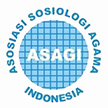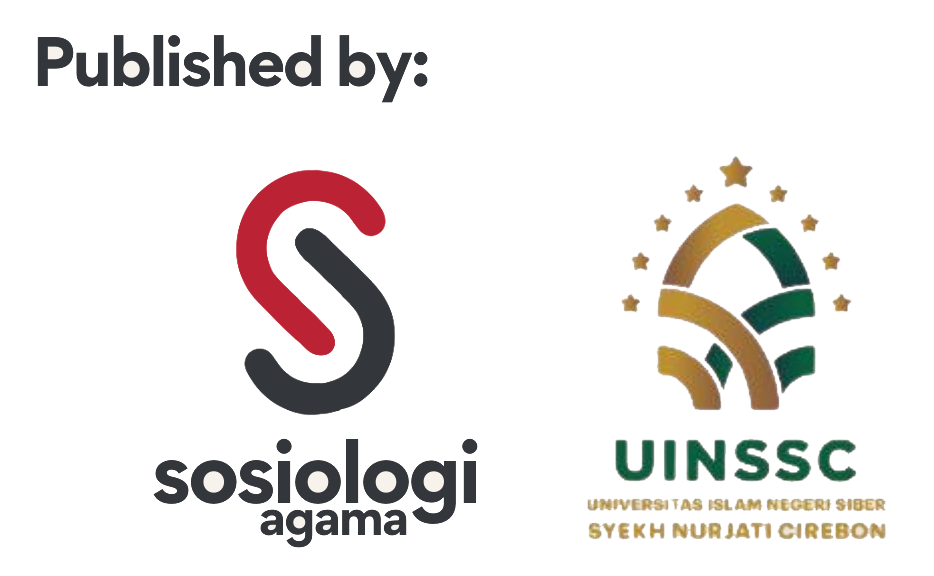Upacara Adat Huluwotan: Antara Komoditas dan Keberlanjutan Tradisi Lokal
DOI:
https://doi.org/10.24235/mv4xgy26Keywords:
Huluwotan, Tradisi Lokal, GambungAbstract
This article discusses the Huluwotan ceremony in Mekarsari Village, Bandung Regency, which is studied through commodification theory. The Huluwotan ceremony is seen as a commodity formed through economic and political interests, regardless of the positive and negative values caused. This research was designed using a qualitative method. This method involves the researcher in direct experience with informants in the field, as well as a data collection design that provides more space for informants. The results showed that the huluwotan ceremony experienced commodification through the DesaWisata program which had an impact on the economic and political dynamics in Mekarsari Village. The economic impact can be seen in the orientation of traditional ceremonies developed into tourism commodities so that ritual procedures develop dampen event funds at least also change to corporate sponsorship. While the political impact is seen when the management of the huluwotan ceremony becomes the responsibility. Village Head. The power to appoint the traditional leader of the huluwotan ceremony lies with the Village Head. These economic and political dynamics also produce new meanings among the community because the current customary leader reconstructs the history and symbols of the huluwotan ceremony, causing opposition from the previous customary leader. Nevertheless, it is the new meaning that complements the uniqueness of the huluwotan ceremony to become a tourist commodity so that the huluwotan ceremony continues to survive and develop in Mekarsari Village.
Downloads
Downloads
Published
Issue
Section
License
Copyright (c) 2023 Journal of Religion and Social Transformation

This work is licensed under a Creative Commons Attribution-NonCommercial 4.0 International License.







